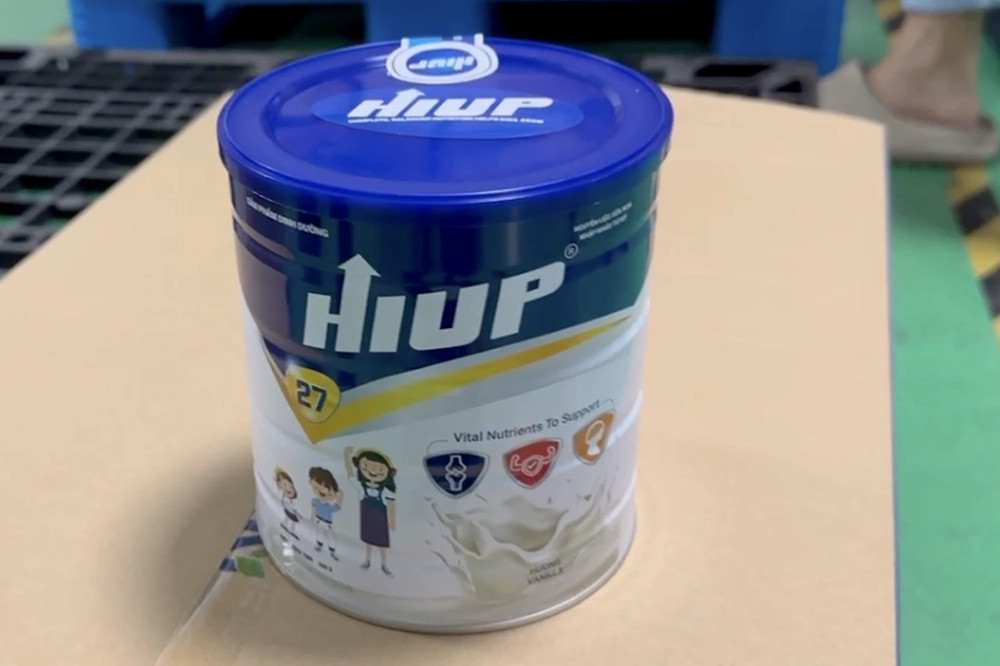Voters highlighted the widespread sale of counterfeit nutritional supplements and fake milk on social media platforms, along with unlabelled and uncertified food products being sold outside schools, posing health risks to both adults and children. They also pointed to inefficiencies and overlapping responsibilities in food safety management.
To enhance food safety oversight, the Ministry of Health is working with other agencies to implement a series of coordinated measures. Minister Dao Hong Lan confirmed on July 9 that the ministry is drafting amendments to Decree No. 15/2018 and proposing revisions to Decrees No. 115/2018 and No. 124/2021 on administrative sanctions in the food sector. One of the key proposals is to increase penalties by 1.2 to 2 times their current levels.
Violations under review for harsher fines include failure to declare or register products, use of ingredients with unknown origin, unauthorized food additives and banned chemicals, failure to meet food hygiene standards in food service, and misleading advertisements.
The Ministry of Public Security is also proposing tougher prison sentences and financial penalties in the revised Penal Code to enhance deterrence for food safety crimes.
Currently, Vietnam’s legal framework covers both administrative and criminal penalties for food safety violations. Since 2020, the health sector has inspected over 1.9 million food-related establishments and sanctioned more than 50,000 violators, with fines totaling over 247 billion VND (approximately 9.7 million USD).
Crackdown on fake milk and supplements intensifies
In one recent case, police dismantled a ring producing and distributing fake Hiup-branded milk and counterfeit Ofood-branded health products, operated by Nhat Minh Food Production and Import-Export Co., Ltd.
To improve monitoring, the Ministry of Health has established five task forces to conduct surprise inspections in various provinces. These teams check the production, export, import, and sale of food ingredients, milk, and health supplements.
Since early 2025, the ministry has issued eight directives urging local authorities to intensify efforts against counterfeit medicines, fake milk, and fraudulent health supplements. A nationwide enforcement campaign was carried out in May, focusing on these issues.
The Ministry is also collaborating closely with other ministries - including Public Security, Industry and Trade, Culture, Sports and Tourism, Agriculture, and the Environment - as well as provincial governments to trace product origins and dismantle criminal networks.
Crackdown on false food advertising and celebrity influencers
In addition to fake products, misleading advertising has become a pressing concern, particularly on social media. Minister Dao Hong Lan stated that the Ministry is tightening control over health supplement and pharmaceutical advertising and imposing strict penalties for false claims.
The Food Safety Authority, in cooperation with the Department of Broadcasting, Television, and Electronic Information, has penalized several public figures for violating advertising laws involving food and milk products.
The amended Advertising Law, set to take effect on January 1, 2026, introduces stricter requirements for advertisers. Influencers and content creators will now be responsible for verifying product information and supporting documentation, and will be held legally accountable for any misleading content.
The Ministry of Culture, Sports and Tourism is also proposing higher fines and temporary bans on advertising for serious violations. Enforcement agencies plan to publicly announce penalties to deter future offenses. Cross-border social media platforms will be required to remove violating content, block offending accounts, and apply stricter content moderation technology.
From early 2025 to date, authorities have uncovered multiple large-scale operations involving counterfeit drugs, milk, and health supplements. During a nationwide crackdown, police initiated criminal proceedings in 124 cases, charging 297 individuals. An additional 944 administrative cases involving 968 offenders were also addressed.
Vo Thu
